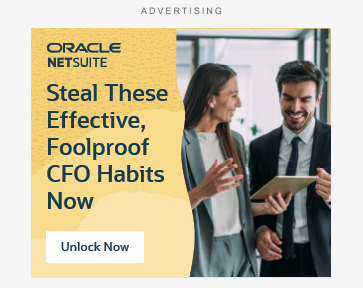Gen Zers have so much potential to contribute greatly in the workplace and seem to truly care about the world and their friends. Yet, all the traditional ways of reaching them are falling short. Rather than discussing problems with someone in person or over the phone, many people from this age group prefer to stick to the digital domain.
This significant difference in how the younger and older generations communicate with others can lead to the impression that the former do not want to listen or engage. However, Ken Rabow, a mentor who has experience working with middle-school students, has found a way to bridge this gap and connect with young adults—by understanding how growing up in the digital world has changed the way they perceive and interact with the analog world.
Members of Gen Z are often early adopters at the forefront of emerging digital trends and new technologies. Their online lives are the main lens they use to see the world and personally connect with others. Meeting people from this younger generation within a medium they understand is key to helping them overcome challenges and succeed—something Rabow can attest to, as someone who has been mentoring young adults and their families since 2009.
Rabow says he has spent thousands of hours with people from this age group online in one-to-one sessions through his program Mentoring Young Adults, which aims to help young adults from all backgrounds and cultures navigate the complexities of life and grow through their “hero’s journey.”
“We need young people to feel safe and learn how to communicate and cooperate intergenerationally to ensure a successful transition of the older generations to the next generations,” Rabow says. “That way forward is through mentoring young adults.”
Rabow is also inviting others to join him in making this generational transition through Mentors Professional Workshop, a program he started to guide and train people in their 40s, 50s and 60s to become professional online mentors. Graduates who complete the workshop go on to help young adults find their personal power and overcome anxiety, low self-esteem, career-surfing and “failure to launch”—a term that describes a situation where young adults find it challenging to transition into the responsibilities of adulthood.
This program is essentially “mentoring made easy,” according to Rabow. “We take care of the business, and you transform lives,” he says. His team handles the training, marketing, scheduling and payment processing, purchases errors and omissions insurance for all mentors and connects them to the right mentees.
Rabow welcomes parents, professionals and soon-to-be retirees to follow in his footsteps and contribute to the future and success of the next generation’s leaders, innovators and creatives by better enabling them to tap into the greatness inside themselves. It’s an initiative that has been rewarding for many mentors who have gone through the program.
“When the kids you are mentoring start making changes, it is one of the most beautiful feelings in the world,” says Philip Rowland, a graduate from Mentors Professional Workshop. “It is a true honor to be part of that progress; helping somebody make permanent, positive changes in their lives.”






